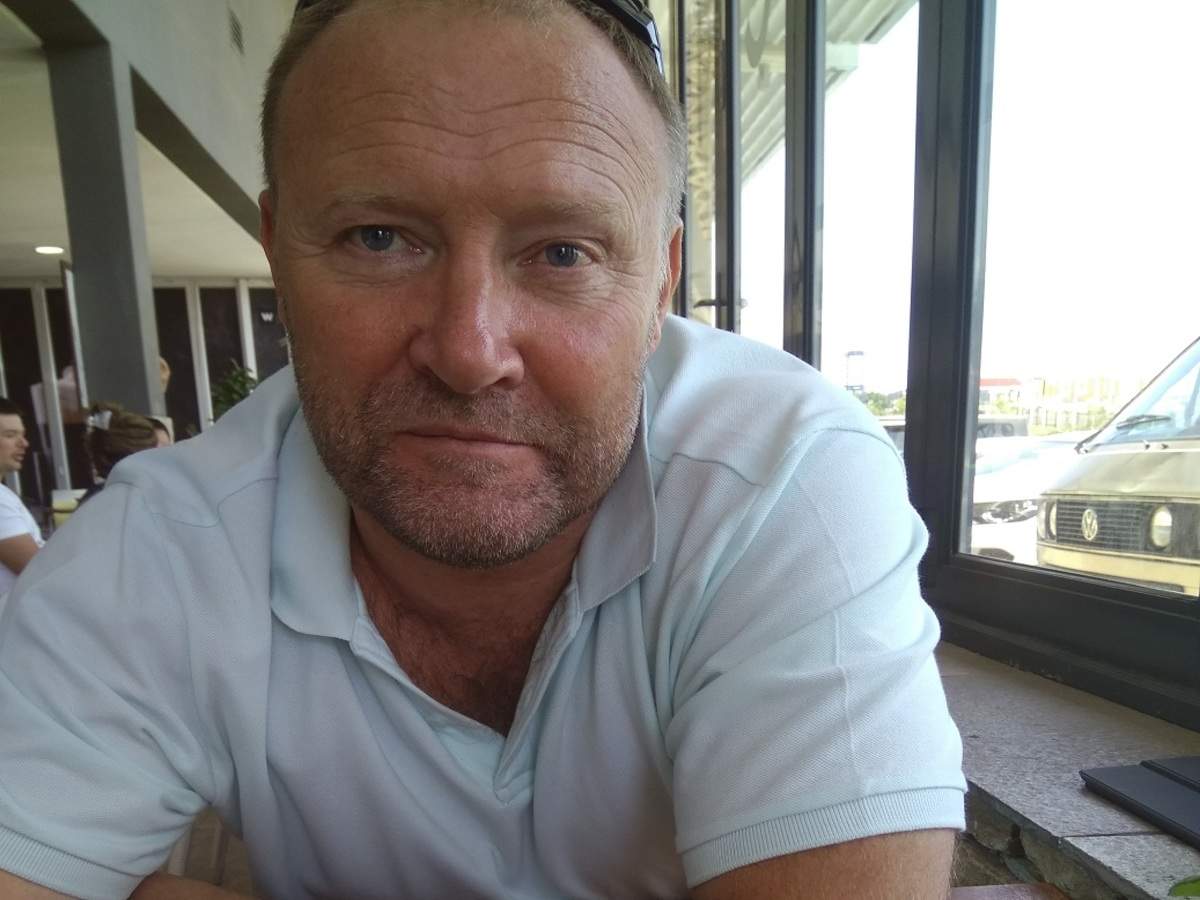Johannesburg, Feb 14 (PTI) It has been over 14 years, but 26/11 continues to follow Bob Nicholls like a shadow.
Nearly a decade-and-a-half after rescuing 150-odd diners from the terrorist attack on the iconic Taj Mahal Palace hotel’s rooftop Lebanese restaurant, Souk, the South African security consultant and chief trainer of former president Nelson Mandela’s security entourage, is fighting another battle.
Bob, one of the well-trained “lunatic South Africans” who was bracing up to take on the terrorists while coordinating the rescue of the hapless guests on that fateful night in Mumbai, was diagnosed with cancer in 2021, and has since been undergoing treatment.
“You won’t believe I was diagnosed with cancer on 26/11 of 2021,” Bob said matter-of-factly from his current base in Cape Town, leaving the one on the other side of the phone shocked.
“After the diagnosis I had decided to not wake up from my bed on 26/11 every year,” he added in a lighter vein.
For him, this is just another battle, though work has taken a back seat for a while.
“However, I am there whenever I am required, especially for projects in which I was involved. I have got a great team and my partners are also there looking after work.” Speaking about life nearly 14 years after that fateful night in Mumbai, where he was stationed to head the security arrangements for the Champions League T20 cricket tournament, Bob said it has been a bit of a challenge.
“I am not being very active. But I think everything is going in the right direction now. I must say that it’s very frustrating, but I have got a very good team which is doing a fine job.” Since being diagnosed with the disease, Bob has undergone surgery, chemotherapy and radiation therapy.
“After I was diagnosed I had radiation, chemotherapy and surgery. When I had gone for scans, it was fine. But, three months later, another scan showed that it had reoccurred. So I am now in my ninth, and hopefully, last chemo session.” Though it’s been a long while, Bob’s mind often goes back to that night of the attack.
“It’s actually strange how often I recall that story. It’s one of the things that will always remain with me. I think about that often, how a lot of people learnt from that experience.” He has also been associated with Active Shooter Training Courses, which have been in vogue in the past 10 years and are designed to teach people to help themselves in situations like the one in Mumbai.
‘Run, hide or fight’, these three things are the focus in these courses. People have now developed training courses to combat such situations. I had worked as a consultant and gave inputs to these training courses.
“We do some courses in South Africa and also other countries across the world. They are there in the US too.
“As far as India is concerned, no, it’s not there. But we did run some other specialized security training courses in India, particularly for our corporate clients.” Right after the attacks in Mumbai, Bob, who runs the South Africa-based security agency Nicholls, Steyn and Associates Global (NSA Global) with his partner Rory Steyn, had talked about the need for India to re-think its security strategy.
Asked if had observed any change in the approach, he said, “India has definitely worked on it, but I think more needs to be done. I have given inputs to certain policing departments post 26/11, though I don’t know how much of that has been implemented.
“But these are also matters that are not supposed to be made public. What I can say is that there has definitely been a lot of intent.” Recalling that harrowing seven hours inside the hotel, Bob said what he and his team were banking on most was the “element of surprise” against the AK 47-wielding terrorists.
“As you would know we were there for the Champions League tournament, we were in constant touch with some of our colleagues based elsewhere in Mumbai at that time, trying to get information from them to plan the evacuation of people.
“Besides asking the guests to arm themselves with whatever they could get – knives and meat cleavers – from the nearby kitchen, we were hopeful of stopping the terrorists.
“The last thing they (the terrorists) could have expected was to be greeted by a few mad, lunatic South Africans trained to handle similar situations. That’s where the element of surprise came.” Bob’s team, though, managed to carry out the rescue mission without confronting the terrorists, and were the last ones to leave the hotel at around 4.30 in the morning.
Occasionally, Bob still gets messages of gratitude from the 26/11 survivors, their friends and families.
On November 26, 2008, 10 Lashkar-e-Taiba terrorists from Pakistan arrived by sea route and opened fire, killing 166 people, including 18 security personnel, and injuring several others during the 60-hour siege in Mumbai.
Source: PTI News

